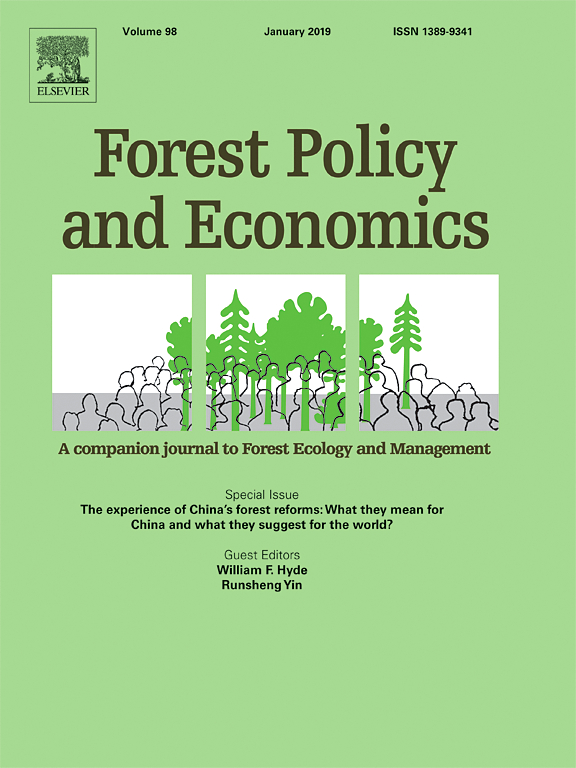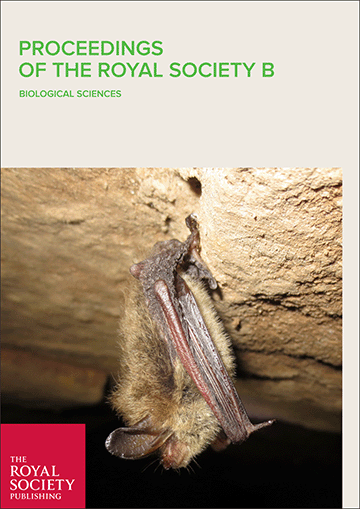The Democratic Republic of Congo (DRC) has implemented Reduced Emissions from Deforestation and forest Degradation (REDD+), a process that requires inclusive decision making and accountability. Our research analyses the participation of policy actors in DRC by asking: (1) Who is involved in national REDD+ policy making and what is their interest in participating in core policy events? (2) What level of participation do the different political actors have in core policy events? (3) To what extent do the outcomes, of REDD+ policy events incorporate different preferences of policy actors? We found that although actors' interest in REDD+ policy events have increased over time, their concerns have rarely been taken into account in decision-making processes. The presence of local civil society and indigenous group organizations is weak while international organizations play a major role in the REDD+ arena. REDD+ is treated as a project rather than being embedded in national politics.
DOI:
https://doi.org/10.1505/146554821832140394
Score Altmetric:
Dimensions Nombre de citations:

Année de publication
2021
Auteurs
Pham, T.T.; Kengoum Djiegni, F.; Moeliono, M.; Dwisatrio, B.
Langue
English
Mots clés
governance, participation, development policy, climate change, deforestation, degradation, national planning
Géographique
Democratic Republic of the Congo


















